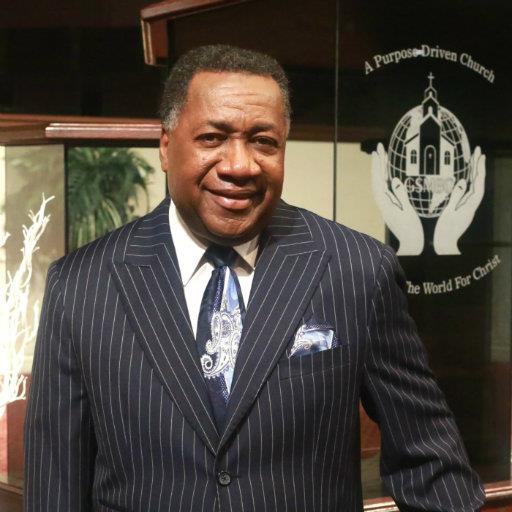When We Act Deceptively
So, David inquired about the woman. And one said, Is this not Bathsheba, daughter of Eliam, the wife of Uriah the Hittite? David sent messengers and when she came to him, he lay with her; and when she had purified herself from her uncleanness, she returned to her house. The woman conceived; and she sent and told David, I am pregnant." Then David sent to Joab, saying, Send me Uriah the Hittite." So, Joab sent Uriah to David. … Now David called him, and he ate and drank before him, and he made him drunk; and in the evening he went out to lie on his bed with his lord's servants, but he did not go down to his house. Now in the morning David wrote a letter to Joab and sent it by the hand of Uriah. He had written in the letter, saying, Place Uriah in the front line of the fiercest battle and withdraw from him, so that he may be struck down and die. … "Joab put Uriah at the place where he knew there were valiant men. The men of the city went out and fought against Joab, and some of the people among David's servants fell; and Uriah the Hittite also died. … Now when the wife of Uriah heard that Uriah her husband was dead, she mourned for her husband. When the time of mourning was over, David sent and brought her to his house and she became his wife; then she bore him a son. But the thing that David had done was evil in the sight of the LORD. 2 Samuel 11:1-27
From his youth, King David was a committed follower of God. Yet there was a time when this devoted believer gave in to temptation and committed adultery with Bathsheba. His walk of integrity was severely compromised.
Ethical and moral failings have beset Christians throughout the ages. When a believer does whatever it takes to obtain something he wants, selfishness or greed is often the root cause. At other times the desire for acceptance can tempt us to manipulate people and circumstances—including making up lies. And fear of conflict can result in compromised standards, as many people try to fit in to avoid arguments. When we resort to deception to meet our own needs, we are in danger of being hurt.
At first, even those close to us may not notice our deception. But God sees. He will use our conscience to produce guilty feelings so we might confess our sin and turn from it. Self-protection will take over if we continue in unrighteousness—we will try to quiet our conscience by justifying the behavior. Over time, we will draw away from certain people so they won’t discover our ungodly behavior. By keeping them at a distance, we hope to avoid their scrutiny. If habitual sin builds over time, it can lead to serious consequences, like a lost job, a damaged friendship, or a broken family.
When confronted by Nathan, David recognized his sin, acknowledged it, and received forgiveness (2 Samuel 12:13). How do you respond when the Holy Spirit convicts you of ungodliness? Do you see the reality of your behavior and repent? Or do you try to justify and persist in your conduct?
Listen to Dr. Michael W. Wesley Sr. on OnePlace.com
Watch Dr. Michael W. Wesley Sr. on LightSource.com





